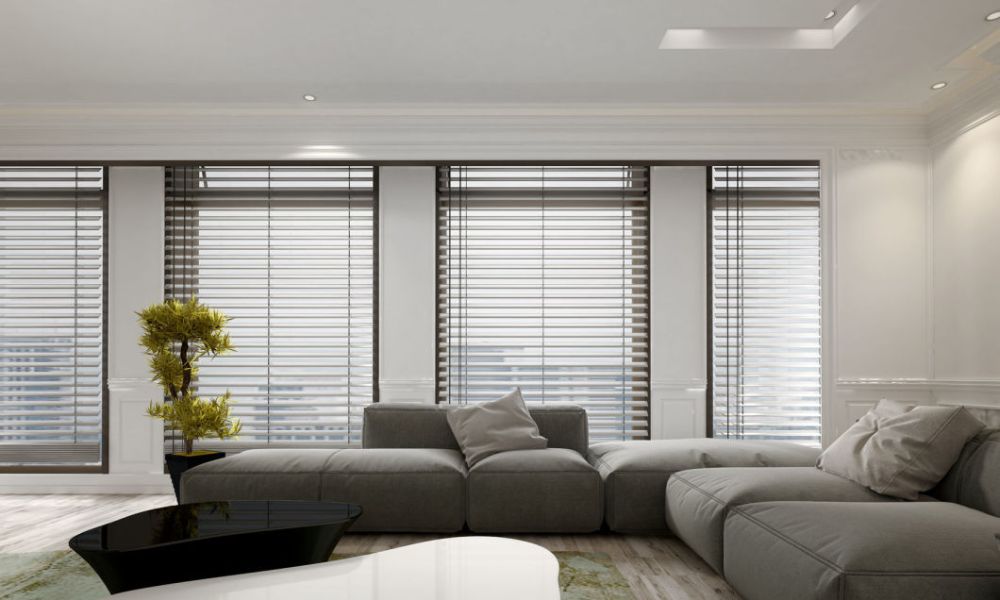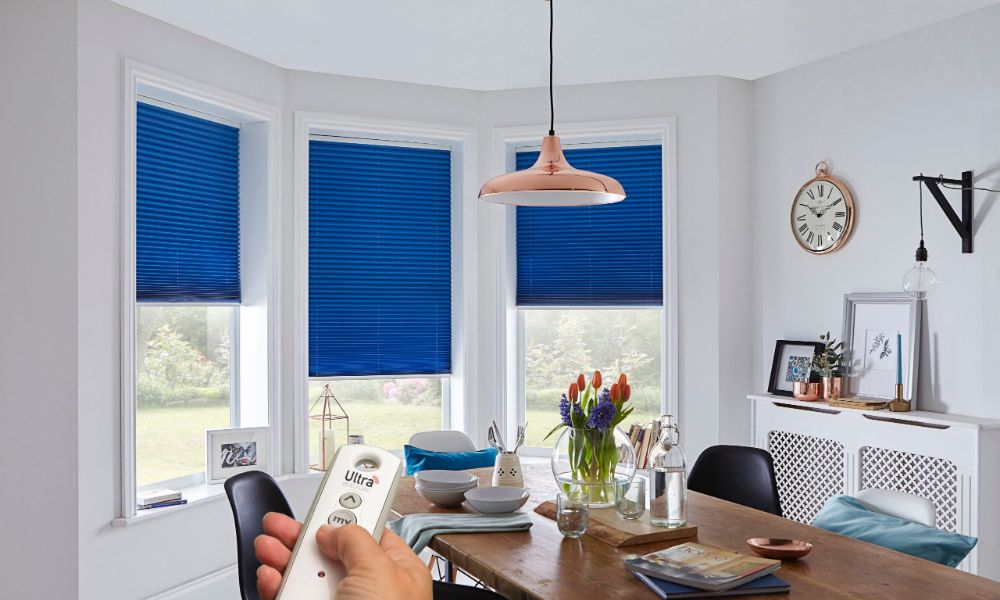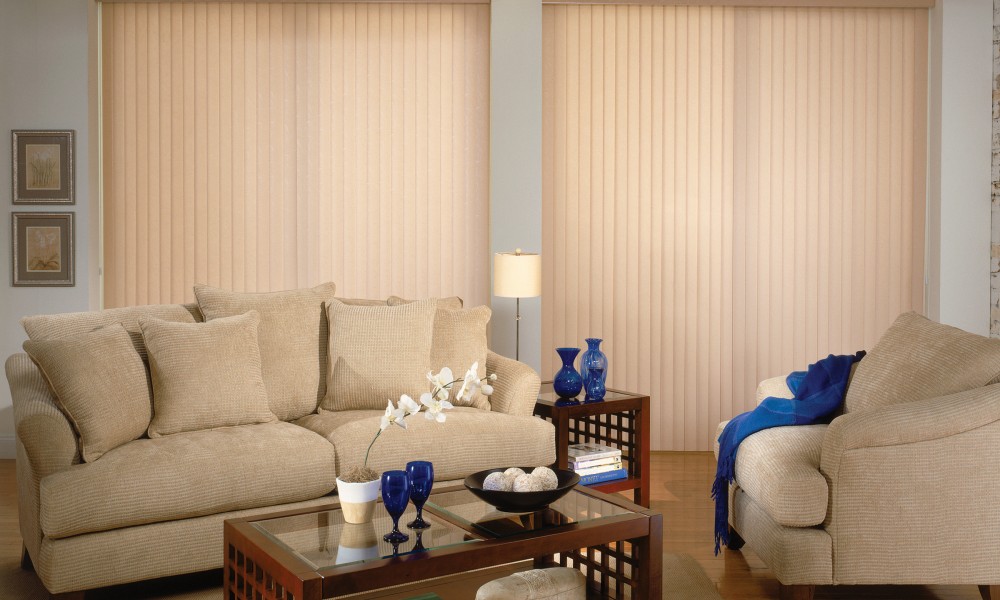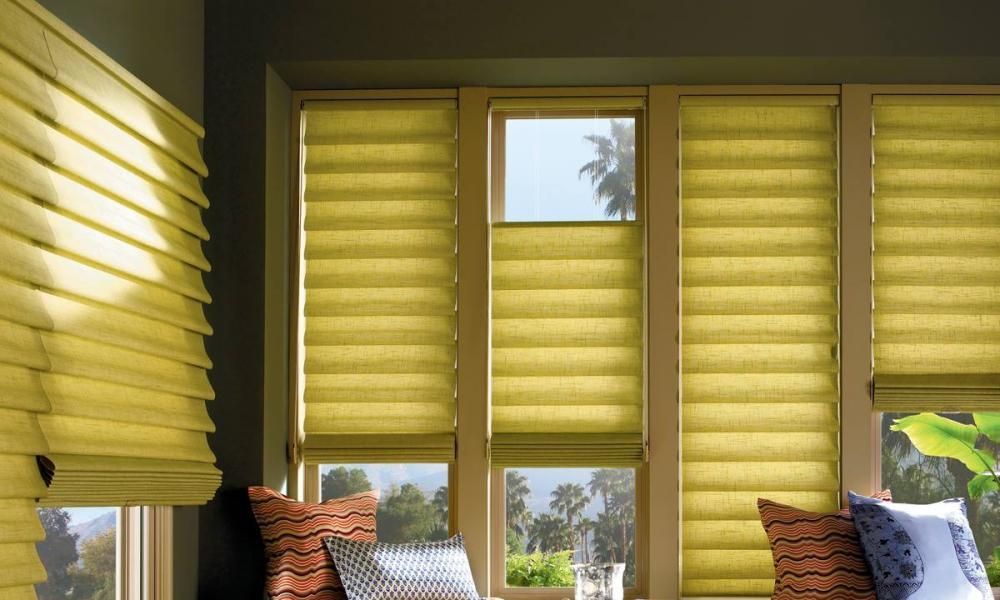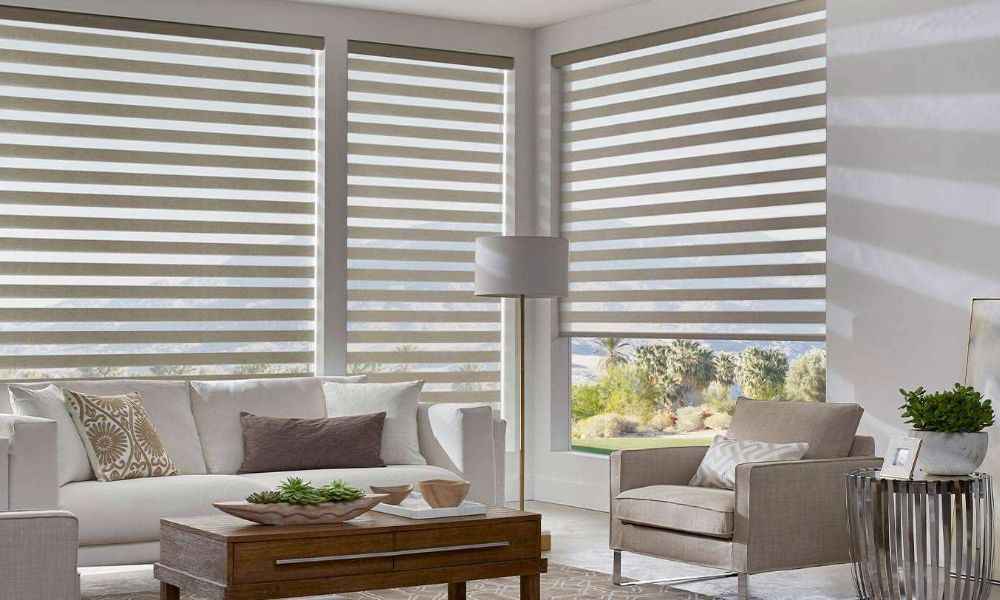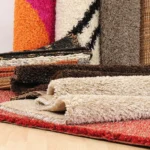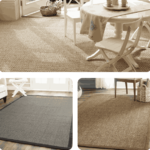Maintaining a suitable interior atmosphere poses unique issues for Phoenix, Arizona, due to its hot and dry climate. The proper window coverings can minimize heat gain and loss in the summer and winter, respectively, to have a major impact on energy efficiency. This post will go over the several things to think about in Phoenix when selecting blinds for maximum energy efficiency.
Guide To Choosing Blinds In Phoenix For Energy Efficiency
Following are full guide to choose blinds in phoenix for energy efficiency.
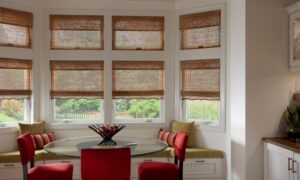
Understanding Energy Efficiency Ratings
When selecting blinds for energy efficiency,
- Understanding the several certifications and ratings that represent a product’s performance is crucial.
- Seek for blinds that have earned the ENERGY STAR certification, since these products adhere to stringent energy-saving regulations set forth by the DOE and the Environmental Protection Agency (EPA).
Considerations for Phoenix’s Climate
Phoenix’s summertime temperatures reach record highs, which raises the expense of air conditioning.
- Energy-efficient blinds can assist lower solar heat intake by insulating windows and preventing sunlight.
- Seek for blinds that filter out a sizable amount of solar radiation and have high solar heat gain coefficients (SHGC).
Of course! Here are some other things to think about while selecting blinds for Phoenix energy efficiency:
Insulation and UV Protection:
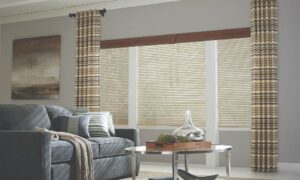
To keep your house warm in the winter and cool in the summer, look for blinds with adequate insulation. Additionally, to keep damaging UV rays out of your house and lessen the fading of your carpeting and furniture, think about installing blinds with UV protection.
Motorized Options:
To optimize energy efficiency, motorized blinds equipped with sensors or timers can be set to open and close at particular times of the day. With the ability to automate your blinds to block out the sun during the warmest portions of the day, this function can be very helpful in Phoenix.
Energy-Efficient Fabrics:
When selecting fabric blinds, go for materials that are durable and offer energy efficiency. Seek for materials that are especially made to keep out heat and UV radiation while letting in natural light.
Energy Star Ratings:
Examine blinds for Energy Star ratings, which signify that they adhere to strict Energy Star criteria established by the Environmental Protection Agency (EPA). Blinds with an energy star rating are made to provide better insulation and lessen heat transmission, which can help you save money on energy costs.
Professional Installation:

To get the most out of your blinds’ energy efficiency, proper installation is essential. To get the most energy-saving benefits from your blinds, think about hiring a professional installer who can make sure they are installed correctly and are operating at their optimum.
Maintenance and Cleaning:
- Maintaining and cleaning your blinds on a regular basis can help increase their energy efficiency.
- The accumulation of dust and dirt on blinds might decrease their efficacy.
- To keep your blinds in optimal condition, clean them according to the manufacturer’s instructions.
Long-Term Benefits:
Energy-efficient blinds, however, could cost more up front.
- Think about the long-term advantages they provide in terms of environmental impact and energy savings.
- Purchasing premium, energy-efficient blinds can pay off in the long run by lowering energy costs and improving comfort levels in your house.
Types of Energy-Efficient Blinds
Several types of blinds are known for their energy-efficient properties.
- Honeycomb shades, sometimes referred to as cellular shades, are made with air-tight cells that add an additional layer of insulation.
- They work especially well to stop heat from escaping through windows.
- Solar shades are an additional choice; they are composed of a unique fabric that obstructs UV light and lessens glare without sacrificing visibility.
- These curtains help cut down on solar heat intake and shield furniture from the sun.
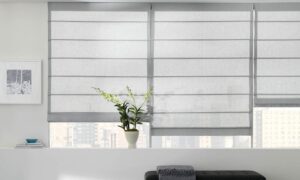
Additional Features to Enhance Energy Efficiency
Think about additional aspects that can improve energy efficiency in addition to the type of blinds. To further reduce heat gain, some blinds have a reflective backing that reflects sunlight away from the window. Some include automated or motorized controls that let you plan when to open and close the blinds in order to save the most energy.
Installation and Maintenance Tips
Proper installation is crucial for maximizing the energy efficiency of blinds.
- To reduce air leaks, make sure they fit tightly inside the window frame.
- Their performance can also be enhanced by routine maintenance, such as dusting and cleaning, which guarantees smooth and efficient operation.
Material Selection:
Choose blinds composed of composite, vinyl, or wood—materials that are low in energy use. These materials are durable and provide good insulation, making them appropriate for Phoenix’s harsh climate.
Color Choice:
The color of your blinds can also impact their energy efficiency.
- Light-colored blinds retain more heat and sunshine.
- Dark-colored blinds, however, retain heat.
- When selecting the color of your blinds, take into account the angle of your windows and the quantity of sunshine they receive.
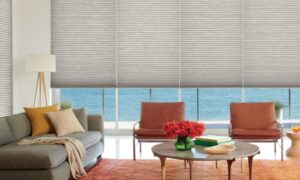
Customization:
You can customize your blinds to meet your exact demands with the help of many blind manufacturers. Think about features like top-down/bottom-up operation, which lets you maximize natural light while adjusting the amount of privacy and light.
Consultation:
If you’re not sure which blinds will look best in your house, think about getting advice from an expert. They can evaluate the design of your house, the orientation of the windows, and other elements to suggest the best blinds for energy efficiency.
Smart Home Integration:
For added convenience and energy savings,
- Think about adding smart blinds to your home automation system.
- To maximize energy efficiency, these blinds can be set to adjust automatically according to the temperature, time of day, or your preferences.
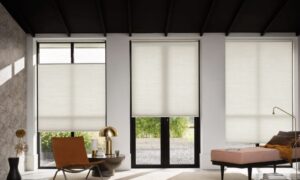
Local Regulations:
Verify the building laws and regulations in your area to make sure the blinds you select meet any energy-efficiency and safety requirements.
Long-Term Savings:
Energy-efficient blinds may cost more up front, but they can save you money on energy costs over time. When you make your choice, take the long-term return on investment into consideration.
You can choose the best blinds for your Phoenix home and ensure years of comfort and energy efficiency by carefully weighing these considerations and advice.
Conclusion
Selecting the appropriate blinds for your Phoenix house is crucial to preserving comfort and energy efficiency all year long. You may make an informed choice that will save your energy expenditures and improve the comfort of your house by taking into account variables including energy ratings, climate considerations, types of blinds, additional features, and correct installation and maintenance.

